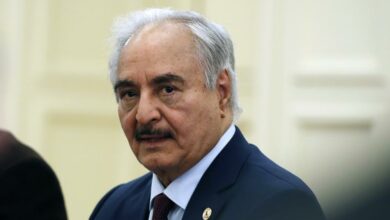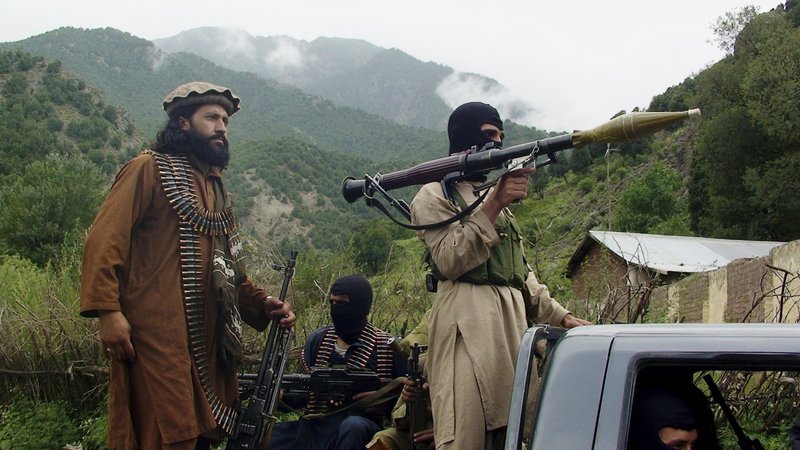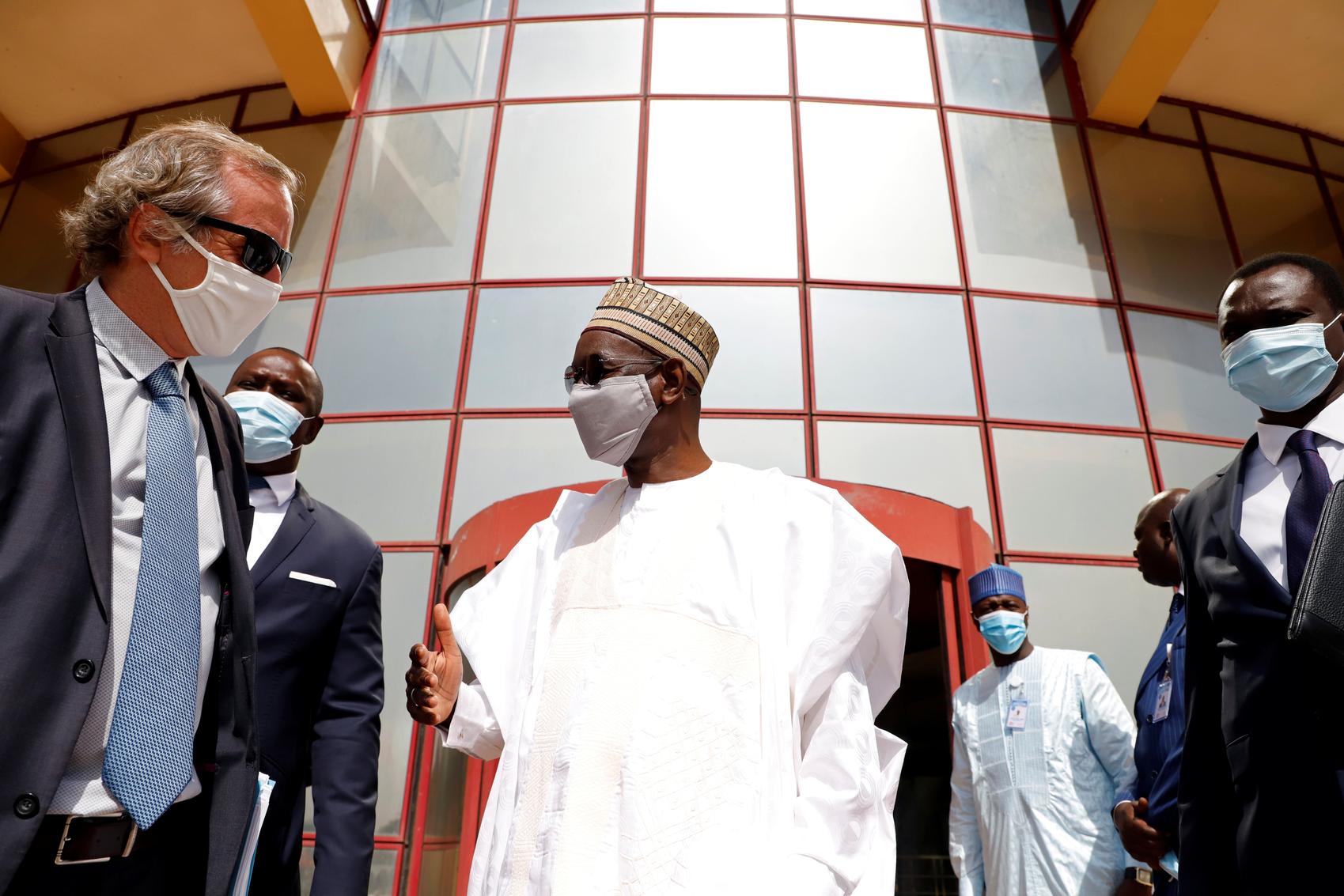The first round of parliamentary elections has sent shock waves through many Egyptians. The Salafi Nour Party garnered almost 25 percent of the votes. The ascent of the Salafis was perceived is God’s revenge where tradition deals a fatal blow to modernity – something close to US Secretary of State Henry Kissinger's description of Khomeini in 1979 as a bullet from the distant past that rested in the chest of 20th century. In the same manner, jokes are being made associating the rise of Salafis with the use of horses and camels instead of cars, and swords and spears instead of guns. However, there is very little in Salafi's nascent political discourse that can be deemed as anti-modern given their emphasis on technology and obsession with statism.
As a matter of fact, the Salafi discourse, in its most ultra conservative guise, is all too modern. To start, the Salafis claim to represent the people’s will to erect an Islamist state and enforce Islamic Sharia law. Important quarters of the Salafi movement formed political parties and took to the elections despite the fact that the principle of “people’s sovereignty" itself remains quite controversial. The Salafi discourse may not be liberal, as it refuses to recognize basic rights and liberties lest they are approved by Sharia, but it is nevertheless democratic, seeking legitimacy in the people. This is a dramatic instance where the old contradictions between liberalism and democracy emerge. Yet, it is not the Salafis’ fault. It is rather the old tension that has infested modern political systems and that led to Adolph Hitler's rise to power in 1933 through the ballot box. The tension still threatens liberal societies with the rise of Fascist and ultra-rightist parties through elections.
The clearest element in the Salafi political discourse is that of an Islamist take-over of the Egyptian state. The conception of the state here is quite modern and even secular, viewing it as a machine that can be used to transform society according to a certain moral and religious agenda. The parliament is seen as a law-making machine that can be utilized to Islamize society by banning immoral practices and regulating economic and social life according to a certain interpretation of Islam. The bureaucracy, the police and the courts are to be used to enforce Islam. Mamdouh Ismail, the head of a small Salafi party recently stated that the police should apply the law regardless of its content. That was said in reference to the prospect of obliging women to be veiled.
Moreover, Islamists in general and Salafis in particular see no contradiction between Islam and science. Technology as the human effort to control and subdue nature goes in harmony with the earliest instrumental perception of the modern state apparatus. Human society is seen as a mere part of nature that can be subdued and shaped in a manner that makes it more Islamic. The monstrosity of this discourse lies in its modernity rather than in its traditionality. A discourse obsessed with power, control and manipulation reflects an empty perception of modernity. Here modernity is reduced to technological advancement that is devoid of any enlightenment values. The crisis of modernity in these terms is nothing particular to Salafis or to Islamists. It is rather a historical crisis that reveals the empty and instrumental technological essence of modernity that is hardly associated with human rights and liberties.
Tradition in the Salafi discourse is invoked to add authenticity to its claims on the public. However, tradition in this sense is rather invented and made-up. The Salafi perception of the state is deeply rooted in the colonial heritage and subsequently in the western ideals of power relations. The Salafi discourse has very little in common with the medieval treaties written by legalists and theologians where the term “Islamic state” simply does not exist. It is rather a modernist interpretation of Islam and its formative years where tradition is a mere creation of modernity. Inventing national or religious tradition has been common practice in modern nation-states. Hitler’s mythical invocation of the First Reich and Moussolini’s talk about the Roman Empire are good examples. Both regimes were criminal and catastrophic but they were anything but not modern. They were all too modern.




